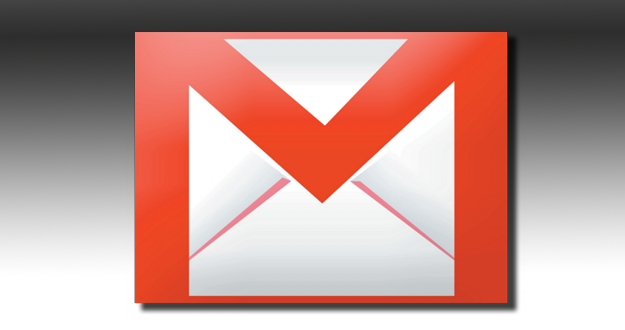
After a very public screw-up, Google has re-released the Gmail app for iOS devices into Apple’s App Store. The app is currently available for download. (Though, for some reason, it’s not showing up in the iOS App Store app, as of 3:30pm ET.) Users who managed to snag the earlier version of the app, which contained a number of bugs that rendered it inoperable, will have to either log out, or completely uninstall the app, before installing the updated version.
A native Gmail app for iOS has been a long time coming. For the past few years, users of Android-based smartphones have boasted their ability to access added functionality of Gmail which was lost when using the email service on iOS, through its app client. With this release that perk is no longer exclusive to Android users.
At the top of the new-features heap is the addition of Push Notifications, as well as greater speed, efficiency and touchscreen functionality. Better search, email address autocomplete and the ability to upload and send photos are also part of Gmail for iOS.
Google says that, since releasing the original version, it has begun to work on adding a number of additional features, as well. These include the ability to use multiple accounts. Notifications and “mobile specific” touchscreen gestures will also be getting an upgrade. “Many more” new features are on their way, says Google.
The Gmail app is free, and will work on any device that runs iOS 4 or above.


